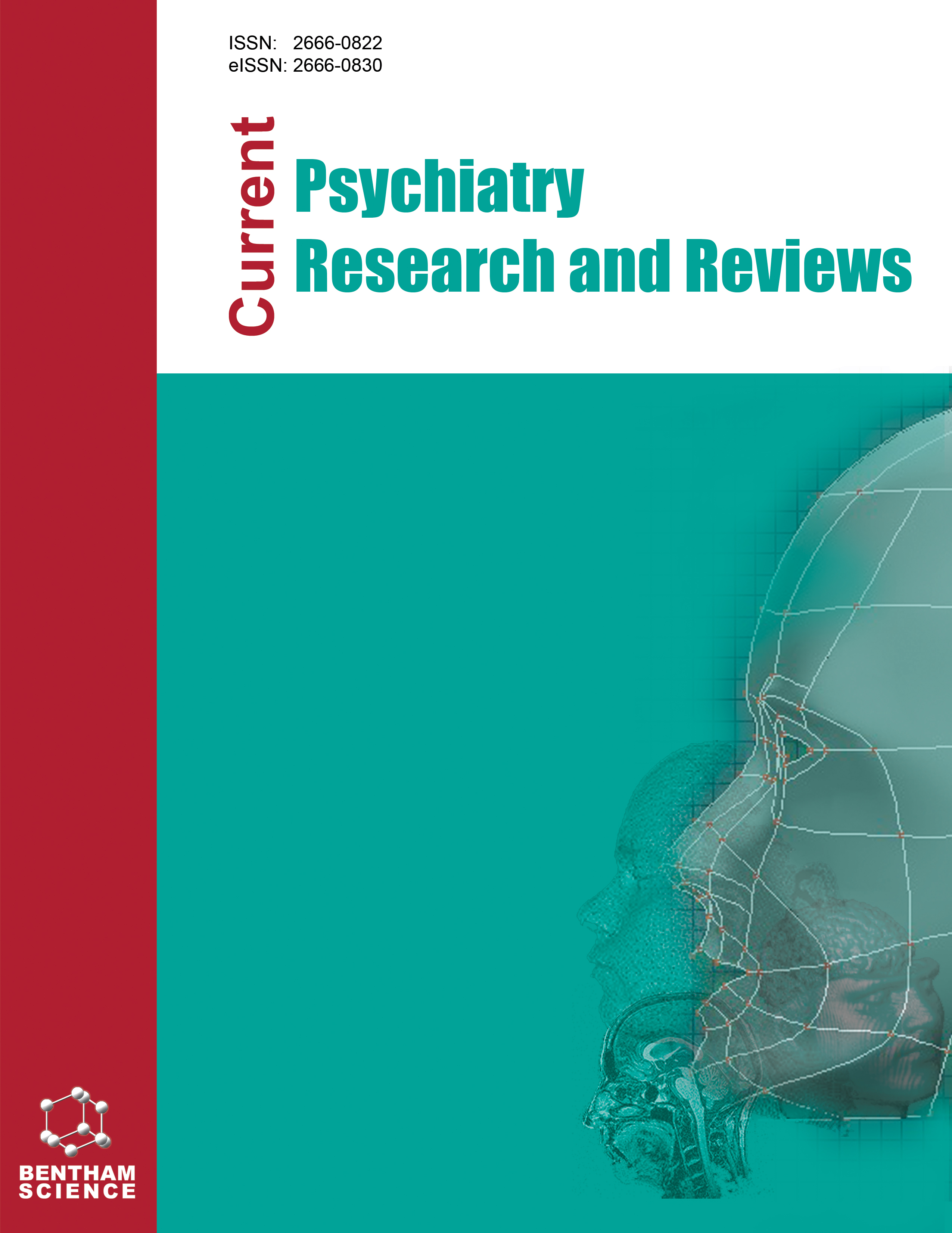
Full text loading...

This review examines the efficacy of psychological interventions in the management of Irritable Bowel Syndrome (IBS).
In the current study, a comprehensive analysis of the existing literature, covering case studies and clinical trials, compiled from Google Scholar, Sci-Hub, and PubMed, was performed. The research focused on the complex interplay between psychological factors and irritable bowel syndrome (IBS), particularly the ways in which mental and emotional states can impact IBS symptoms and the effects of behavioral therapy on IBS management.
The efficacy of psychological therapies in addressing irritable bowel syndrome (IBS) has proven effective. Cognitive Behavioral Therapy (CBT) treats pain perception and gastrointestinal symptoms, whereas gut-directed hypnotherapy is known for lowering symptoms and enhancing quality of life. Mindfulness-based stress reduction and relaxation practices are effective for stress management, but their availability is restricted. Personalized treatment strategies tailored to individual requirements are vital for enhancing the advantages of these therapies in IBS management.
Psychological interventions provide a valuable and effective approach to managing IBS. CBT, gut-directed hypnotherapy, and MBSR have been shown to significantly improve symptoms and quality of life. Future research should focus on improving these therapies to better address individual symptoms and brain-gut connections. Incorporating neurological and neurophysiological approaches may improve understanding and lead to more tailored treatments. Expanding accessibility and encouraging collaboration between healthcare providers and mental health specialists will be vital for optimizing IBS management and improving patient outcomes.

Article metrics loading...

Full text loading...
References


Data & Media loading...